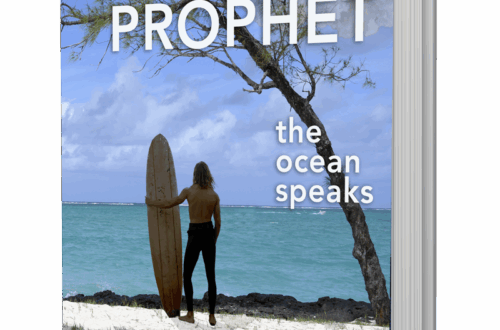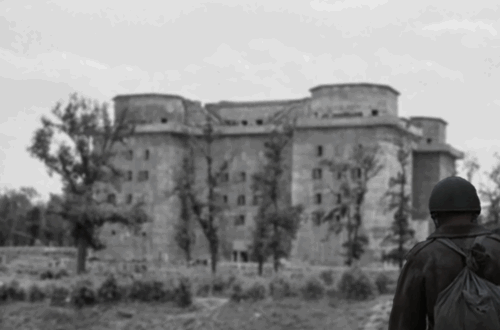What precisely is a ‘Think Tank’ and should we be selling them to Ukraine? Certainly, from what I’ve seen they’re a destructive force.
They invariably seem to qualify for charitable status, without performing any identifiable charitable works. Indeed they mostly perform no visible function at all, although they often share the attribute of a flashy website that is barely coherent. Except for the European Research Group (ERG), which is not European at all and doesn’t have a website.
The European Research Group doesn’t even make its research available to the public that subsidises it with their tax credits. Have you seen any of their research? Doubtful.
Take the Institute of Economic Affairs (IEA) as a prime example of a Think Tank. On its website it declares what it does:
Research – We undertake research and produce high-quality publications, including policy papers and consultation responses, addressing some of the major policy challenges of our time. Our research is designed to reach a wide audience of policymakers and opinion formers who teach about or comment on economic matters.
It also says that:
‘The IEA is a charity concerned with the advancement of education for the public benefit’.
It’s really hard to tell from its website what those benefits are, although last year they spent £299,000 raising funds of around £2.5 million to help deliver them.
Who asked them to undertake this research? For what purpose? I particularly welcomed their document ‘Nanny State Index ‘23’ but was disappointed to find that it made no mention of Jacob Rees-Mogg or his nanny, Mrs Crook. Instead it made assertions like:
‘Overall, the UK is the 11th worst country out of 30 for lifestyle restrictions, up one spot since the last ranking in 2021,’ and: ‘Turkey is the worst place to eat, drink, smoke and vape in Europe.’
I’ve been to Turkey, and I would take issue with that statement.
According to the Register of Charities website, the IEA’s charitable work extends to:
Activities – how the charity spends its money
The IEA’s activities include research, publications, conferences, lectures, seminars, special events, a website, blog and extensive programme of student and teacher outreach.
That’s more research then, that nobody has asked for. It’s a pity they hadn’t done more effective research on the discredited policies of former Prime Minister Truss, whose financial strategy they fully endorsed.
The Centre for Policy Studies (CPS), which at least doesn’t claim to be a charity, produces even more research, and formulates policy for government. Its most dubious claim is that it developed the bulk of the policy agenda that became known as Thatcherism—and we all know where that led.
Aren’t governments supposed to formulate their own policies? Who voted for think tanks?
Policy Exchange Ltd is a charity that does … well … policy exchange. Exchange your policy for a better one—or so one might have thought. It claims its research was included in the manifestos of all the major political parties. It justifies its charitable status through its research work in formulating policy.
I could go on. And on.
Why are we paying for all these Think Tanks through our taxes? Who is accountable for what they do? Trawling the Register of Charities you can find hundreds of think tanks, all subsidised by the taxpayer, and all producing research. How much unsolicited opinion and research do we need?






